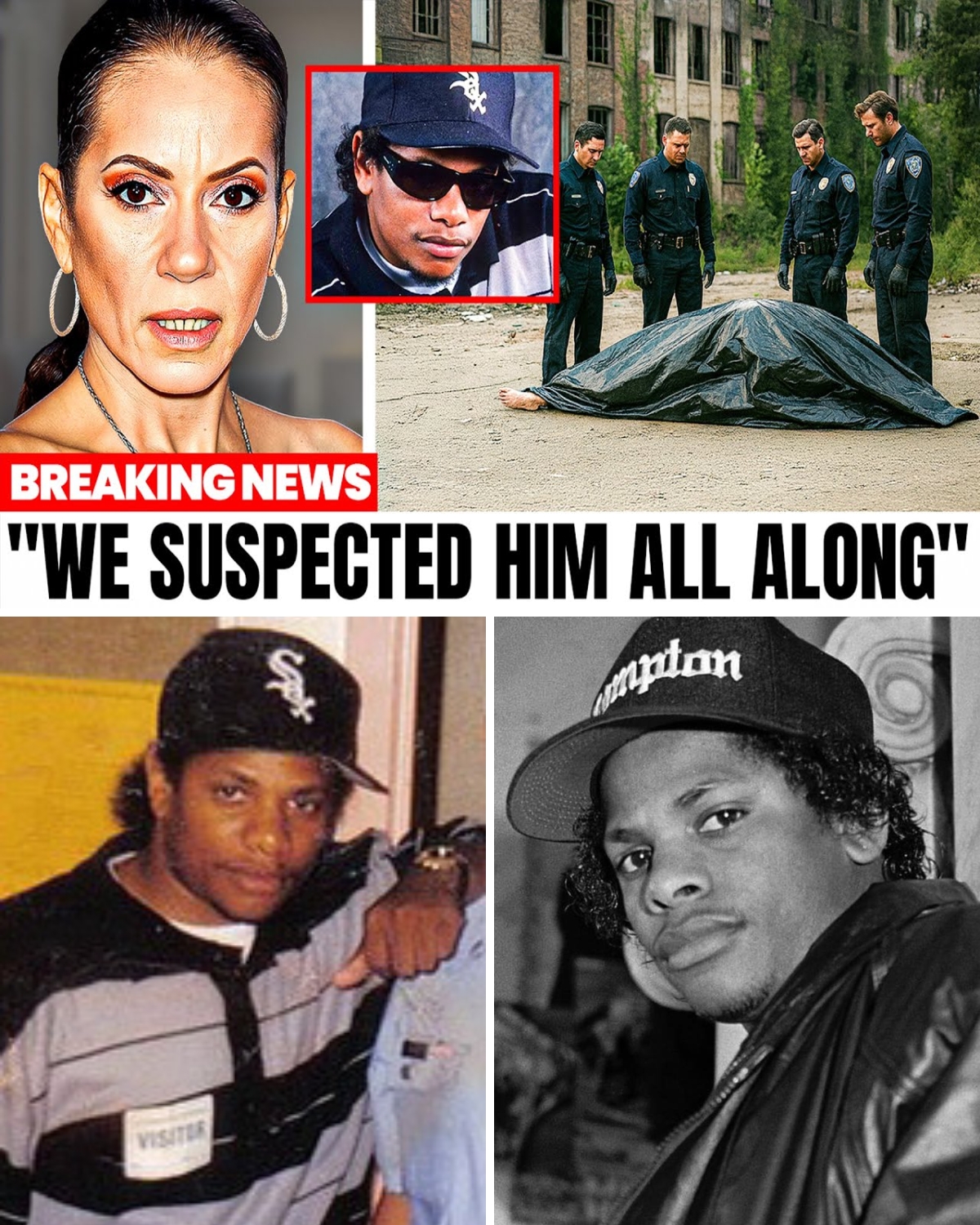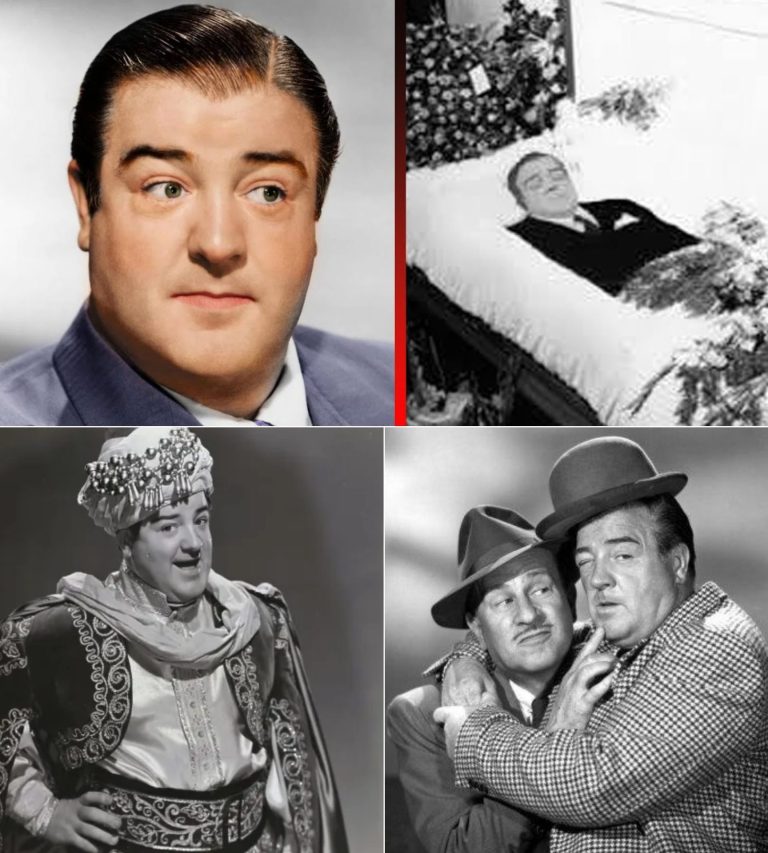In a revelation that threatens to reshape the story of hip-hop’s most notorious pioneer, Tracy Jernigan, the former girlfriend of Eric Wright—better known as Eazy-E—has stepped forward to recount her harrowing experience surrounding the rapper’s untimely death in 1995. Widely celebrated as the Godfather of Gangsta Rap and the mastermind behind Ruthless Records, Eazy-E’s sudden passing has long been attributed to AIDS-related complications. But Jernigan’s testimony paints a far more complex and unsettling picture, raising questions that have remained unanswered for three decades.

For six tumultuous years, Jernigan was at the center of Eazy-E’s orbit, privy to both his rise as a musical icon and the darker undercurrents that pulsed through his personal life. “I spent a lot of time with him,” Jernigan recalls, her voice heavy with the weight of memory. “No one knows better than me what I saw and what I know.” Her account challenges the widely accepted timeline of his illness, suggesting that the narrative of a sudden and tragic decline may not tell the full story.
According to Jernigan, Eazy-E was diagnosed with AIDS a mere ten days before his death. “He was healthy one day,” she recounts, disbelief still lacing her words, “and the next, he was fighting for his life. That’s not how AIDS works.” The speed of his deterioration has long puzzled medical professionals and fans alike, and Jernigan’s perspective adds an intimate, firsthand dimension to the mystery.
Even more unsettling, she describes an atmosphere of secrecy and tension in the weeks preceding Eazy-E’s hospitalization. “There were people around him who didn’t belong,” she asserts. “It felt like someone was watching, waiting, calculating.” Her account hints at a disturbing mixture of jealousy, power struggles, and manipulation within his inner circle, creating an environment that may have accelerated both his isolation and his vulnerability.

The emotional toll on Jernigan was compounded when she was barred from visiting Eazy-E during his final days. She learned, with profound shock, that he had married Tamikah Woods at his bedside—a union reportedly formalized while he was too weak to speak. “He wasn’t in control anymore,” Jernigan says, her voice trembling. “There was something happening behind those walls.” The exclusion from his last moments left her grappling with feelings of betrayal, heartbreak, and unanswered questions that would linger for years.
Beyond the personal drama, Jernigan uncovered alarming financial irregularities. In the aftermath of Eazy-E’s passing, lawsuits over his estate erupted, and more than $600,000 from Ruthless Records reportedly vanished. These discoveries, she claims, were intertwined with a network of secrecy and opportunism, casting a shadow over the legacy of a man who had revolutionized the music industry.
Adding fuel to the speculation, Jernigan recounts a chilling encounter with Suge Knight, the notorious music executive, who allegedly made a morbid joke about injecting people with AIDS. “We suspected him all along,” she confesses. “Could someone really have been that cruel?” The suggestion is unsettling, echoing the darker elements of the West Coast rap scene at the time, where ambition, rivalry, and betrayal were never far from the surface.
Now, Jernigan’s revelations are reaching a wider audience through the release of a provocative docuseries titled The Mysterious Death of Eazy-E. In it, she details her relentless pursuit of the truth, determined to ensure that the world understands the man behind the myth. “I owe it to him,” she declares. “This isn’t just about what happened—it’s about preserving his legacy.”
The release of the series has ignited debates across the music industry and among fans, many of whom grew up idolizing Eazy-E and the groundbreaking work of N.W.A. Discussions on social media, in music journalism, and among former collaborators have rekindled questions about the circumstances of his death, shining a spotlight on potential conspiracies, medical anomalies, and the complex dynamics of fame and trust in the rap industry.
As Jernigan speaks out, the narrative surrounding Eazy-E is undergoing a seismic shift. Was his death truly a tragic consequence of illness, or is there a deeper, orchestrated story lurking behind the headlines of 1995? Every revelation she shares adds new layers to the puzzle, inviting fans, historians, and investigators alike to reconsider what they thought they knew about one of hip-hop’s most iconic figures.
One thing is certain: the story of Eazy-E is far from settled. With Tracy Jernigan breaking decades of silence, the world is left grappling with an unsettling truth—that even legends have secrets, and sometimes, the most powerful stories are the ones that remain untold until someone finally dares to speak.






